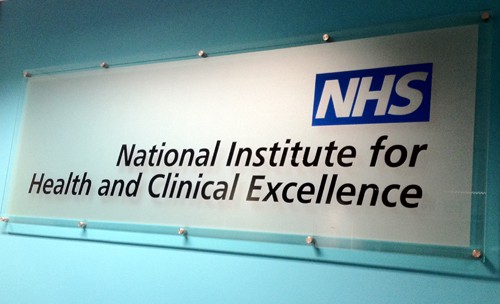
UK cost-effectiveness body NICE has said it intends to use a broader range of data and analytics in the formulation of its guidance, including electronic health records and real-world evidence.
The plan – originally proposed in principle last month – has now been formally adopted, with NICE saying yesterday that it will now “update our processes and methods for the identification, assessment and interpretation of data”.
Health Secretary Matt Hancock has acknowledged that NICE and other regulatory agencies have a duty to ensure that their “rules, processes and ways of working” are up to date, and NICE itself has said it needs to make sure it adapts to handle new types of medicines like ‘histology independent’ cancer drugs.
NICE – which received 130 comments on its processes from industry, patient groups and clinicians in a review last year – has pledged to “set out the full range of data sources that we will accept and the methods and analytical tools that we will put in place to assess the quality and suitability of data in future”.
Extending the range of data to include patient records, real-world evidence from health and social care practice outside of trials, such as registries and clinical audits, should result in improved guidance and allow existing recommendations to be updated more quickly, said the agency.
The next step in the process is a public board meeting that is scheduled to be held next month, at which NICE intends to provide additional detail on the implementation of its plans.
The shake-up in its processes comes amid repeated accusations from pharma companies that the agency’s processes have not adapted to take into account new medical technology developments – most vocally when they have a product turned down for NHS funding.
It’s worth noting that the broader data harvesting plans are intended primarily for the development of guidance aimed at health and social care systems, but there is some overlap with its health technology evaluation methods – used to review new therapies for use on the NHS – which are also being updated.
A six-week consultation period on the methods and processes used for health technologies including drugs, devices and diagnostics, starting this summer.
That update is intended to take into account developments such as personalised medicine, digitisation of health and use of cell and gene therapy.




